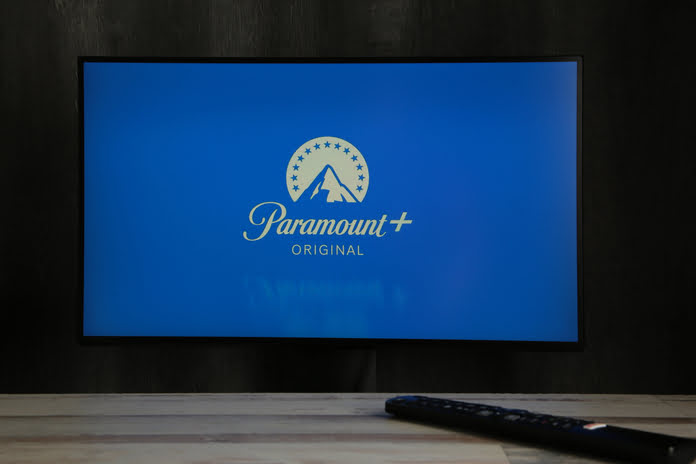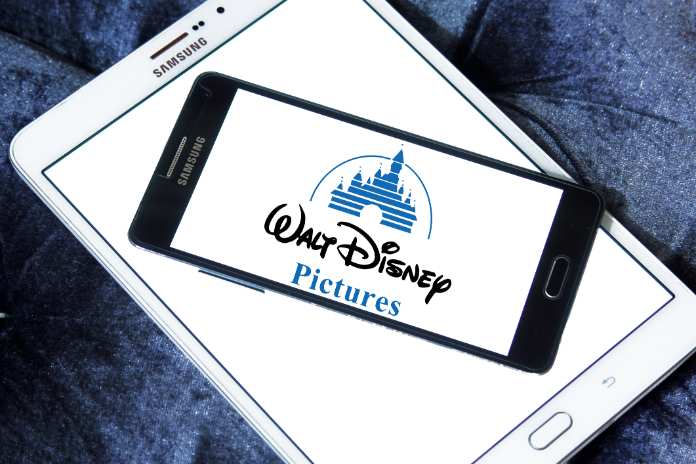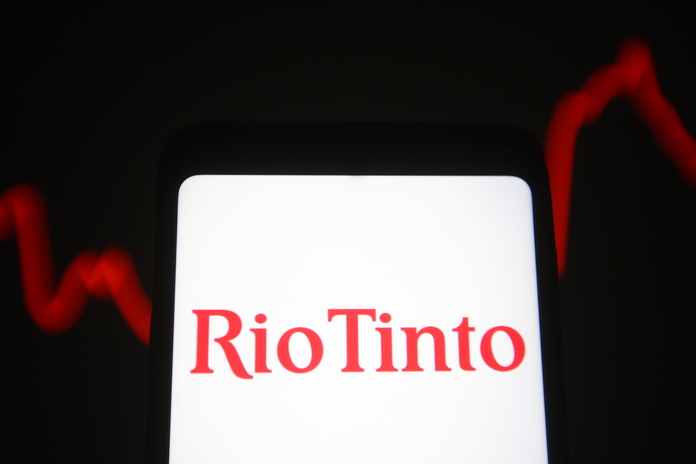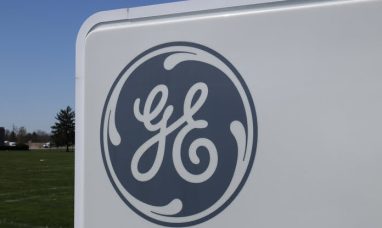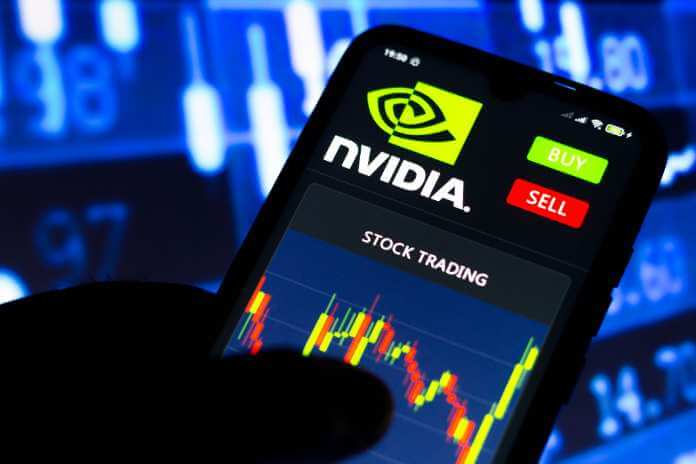Amazon Stock (NASDAQ:AMZN)
The stock of AMC, which is traded under the ticker symbol AMC, gained ground on Tuesday on reports that Amazon (NASDAQ:AMZN) may make an offer to acquire the movie theater chain. The stock was expected to make even more progress on Wednesday. Exuberance is natural given that this is a “meme stock,” but investors should keep an eye on how Amazon shares are performing before making any decisions.
To put it another way: not very much. Amazon stock (NASDAQ:AMZN) fell by 0.8% on Tuesday, lagging behind the S&P 500 (SPX +1.13%); however, the shares have rebounded since then. Investors in the financially troubled movie theater chain may have been whipped into a frenzy by a claim from The Intersect that Amazon was investigating an acquisition of AMC Entertainment (NYSE:AMC), but shareholders in the tech giant did not appear to share this view.
A transaction appears to make sense at first glance. According to the report, which cited multiple anonymous sources, the takeover would provide a lifeline to AMC, which is laden with debt as a result of the Covid-19 pandemic, and it would give Amazon a new, physical platform from which to market its Prime productions, cross-sell services, and collect data. The report also stated that the takeover would throw a lifeline to AMC.
But, Amazon should not purchase AMC since meme-fueled investors have driven its share price to one of the highest levels in the market. It has nothing to do with the stock’s image; it just doesn’t make a lot of sense from a business perspective, and while Amazon is certainly a formidable force, the company as a whole does not have a fantastic track record when it comes to physical locations.
In a note that was released on Tuesday, an analyst from Wedbush named Alicia Reese stated that “the simple line is that Amazon has no interest in being in the theatrical exhibition business to earn money.” She said that Cineworld (LON:CINE), which had filed for bankruptcy protection the previous year, might be a better option if the goal is to get a physical movie theater so that Prime productions may compete for Hollywood prizes.
Prior to the epidemic, the “going rate” for each screen was $250,000. Due to Cineworld’s insolvency, it is likely that Amazon will be able to cherry-pick screens for the price of $200,000, and the creditors will likely accept such an offer. Reese stated that it was impossible for the investment advisors of [Amazon founder Jeff] Bezos to recommend that their client “purchase AMC for $8 billion.” They may be interested in having a venue to show their own films, but 1,000 screens are more than enough, and 200 should be sufficient.
Furthermore, Wedbush’s opinion is that AMC is not a probable acquisition candidate either, given its enormous net debt of $4.6 billion and overall valuation, which has been inflated by the stock’s trading that has been fueled by memes since 2021. This is the position that Wedbush has taken.
In spite of this, it is important to take a close look at Amazon’s track record when it comes to combining brick-and-mortar sites into its expansive tech business in light of this potential commercial transaction.
A little over a year ago, the company made the announcement that it would down all of its brick-and-mortar shops in the United States and the United Kingdom. This brought an end to a retail play that targeted customers with books, toys, and other household products. A few weeks ago, Amazon announced that it will be closing a portion of its Amazon Go convenience stores. These stores allow customers to make purchases without having to go through a checkout counter.
Although it may appear that these are efforts to cut costs in the midst of a significant decrease in expenditures and extensive layoffs, the situation may have been very different if the physical sites had been producing a lot of revenue. There is little room for debate over the success of Amazon’s acquisition of Whole Foods in 2017; at $13.7 billion, it was the company’s largest purchase to that point.
In its quarterly financials, Amazon reports revenue across “physical stores,” and while it doesn’t break out Whole Foods specifically, the upscale grocery store is by far and away the single largest contributor to the category. Whole Foods is not broken out specifically, but it is clear that Whole Foods is the largest contributor overall.
The final three months of 2017 were Amazon’s first full quarter following the acquisition of Whole Foods in August of that year, and the company reported physical store revenue of $4.52 billion during that period. Even though there were still record sales in that category during the last three months of 2022, it had not yet reached $5 billion, which represents a gain in quarterly revenue of less than 10% in the five years since Amazon acquired Whole Foods. The growth rate is pitiful when compared to what investors have become accustomed to seeing in the e-commerce industry as a whole, let alone Amazon Web Services.
Even a cursory examination of AMC’s financials might lend more plausibility to the possibility of Amazon acquiring AMC than the acquisition is actually worth. Nevertheless, this also makes the argument against striking a deal more evident.
Featured Image: Unsplash @ Daniel Eledut










